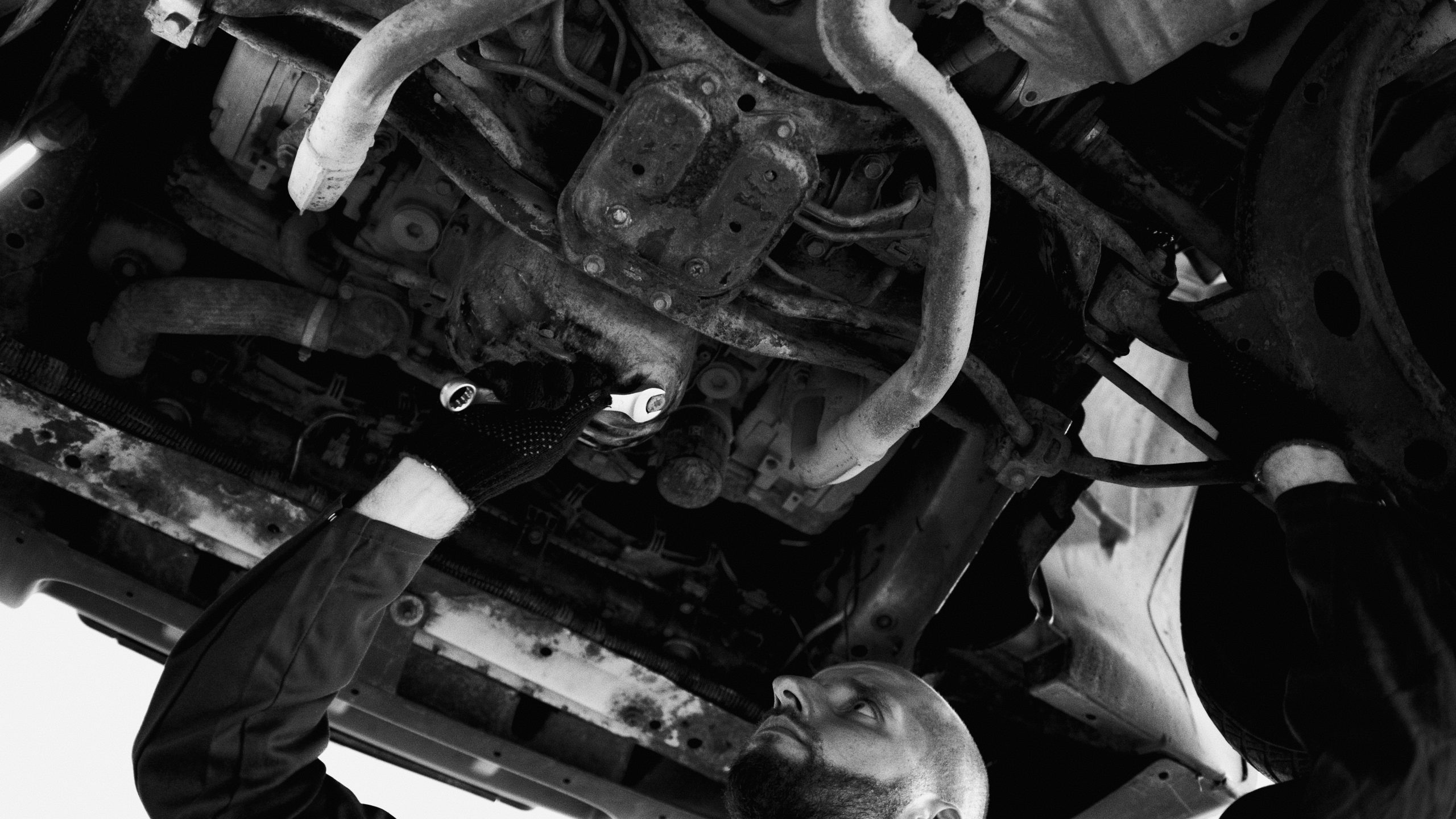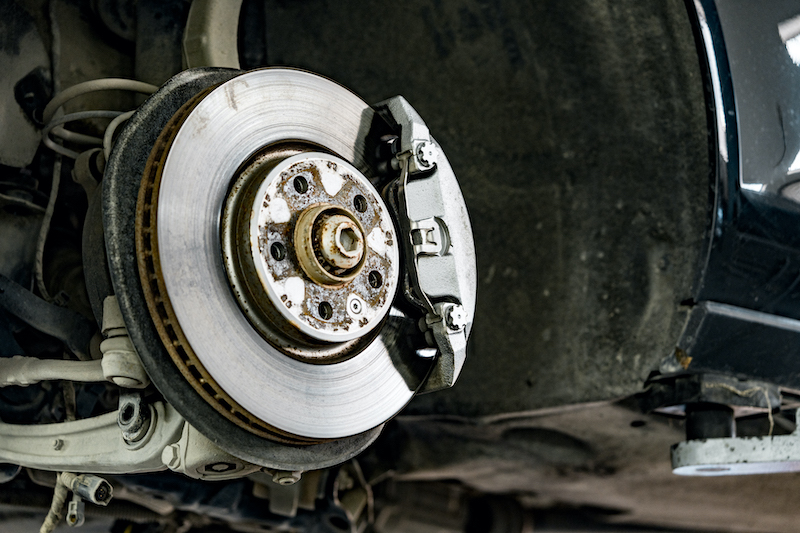How Do You Know if Your Brake Master Cylinder is Failing?

Your car’s braking system is a pretty complex piece of kit. And there are a lot of things that can go wrong. But integral to the functionality of all parts of your brakes is the brake master cylinder. So, what does it do, and how do you know if it has a problem?
How to Detect Brake Master Cylinder Problems
What is the brake master cylinder?
There aren’t any parts of your car’s braking system that you could realistically consider superfluous. But if you had to put those parts in order of importance, the master cylinder would be somewhere near the top. It’s the main valve through which brake fluid is impelled to force the brake calipers into action. If your brake master cylinder is not fully functioning, the calipers will not press the brake pads on to the rotors. And your car will not be able to stop.
How do you know if you have a problem with your brake master cylinder?
In most modern vehicles, if you have a problem with your brake master cylinder, the sensor on your dashboard will tell you so. If you’re handy, you may be able to diagnose the problem yourself, by working through the next few points. If not, contact a mechanic.
So, dashboard lights aside, there are three main warning signs to keep in mind if you think your brake master cylinder may be failing.
1. Your brake fluid is leaking
For a brake master cylinder to work effectively, it needs the requisite amount of brake fluid. Without it, it will be unable to exert the pressure required to make your car stop. Leaking brake fluid is a good indication that the cylinder isn’t pushing the fluid to the right places. So, if you can see there’s leaking fluid, you’ll have a good idea of what is going on. If you can’t see the fluid has leaked, but you’re finding that your brakes are less responsive, your brake master cylinder is a good place to begin your investigations.
2. Your brake pedal feels different
Most of us are unaware of the way that our brake pedals feel when we drive. It’s only when something goes wrong that it catches our attention. The master cylinder distributes the pressure within your braking system, from the pedal to the pads. So, if your brake pedal is either harder to push down, or sinks down too far, too quickly when you press it, it might mean that your brake master cylinder is struggling.
3. You have contaminated brake fluid
When your brake master cylinder begins to degrade, its rubber seals can disintegrate into your brake fluid. This will usually mean that your brakes become less responsive, or you have to push the pedal harder to get a response. Most brake fluid contamination is caused by master cylinder failure.
If you suspect that your car has a problem with its brake master cylinder, it’s hugely important that you address the issue as soon as possible. Without this essential component, your car’s brakes will not be able to perform as they should. Endangering you, and other road users.
If you are looking for a replacement brake master cylinder for your vehicle, get in touch with Online Automotive. Or search through our high quality, low-cost car parts catalogue.





